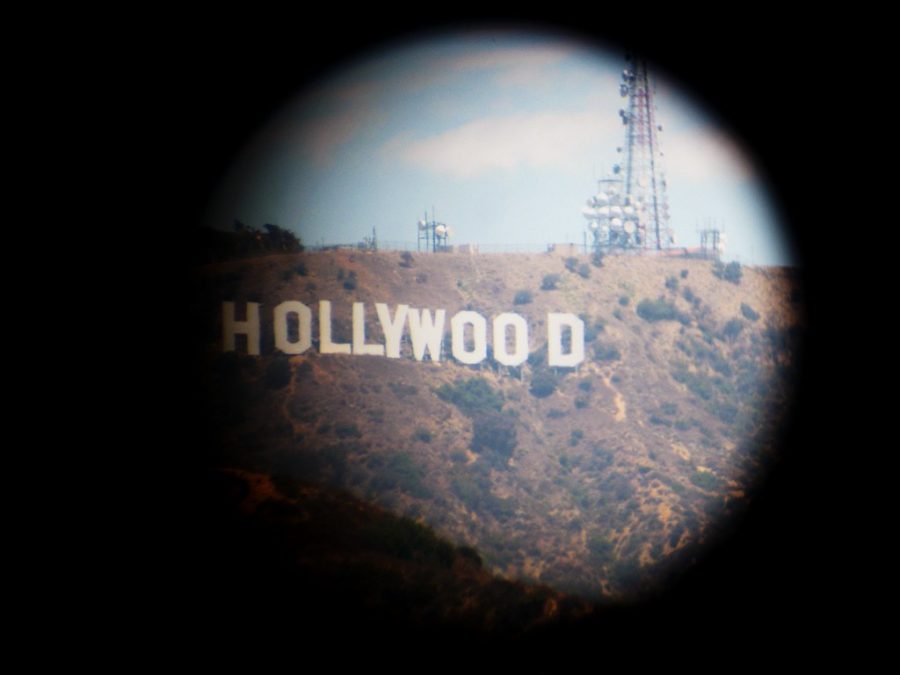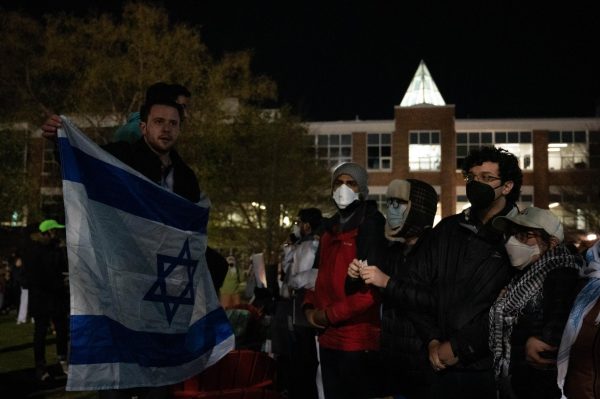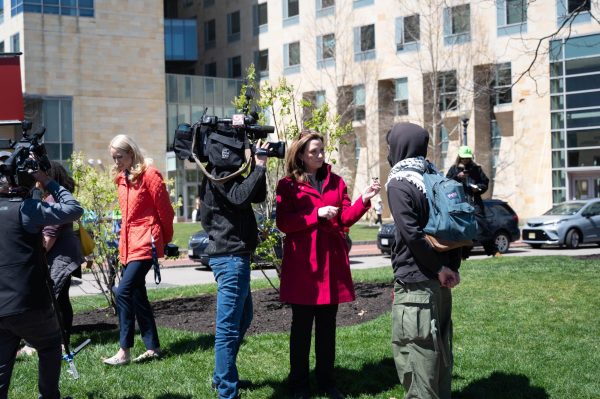Column: Gen Z connects with celebrities through parasocial relationships
October 3, 2021
Having a constant, intimate look into your favorite celebrity’s life can make you feel like you know them personally. Maybe you comment under their Instagram posts, send them messages hoping for a response or repost all their pictures on your story. Maybe you feel so connected to them that you think about how you could be best friends if only you met in real life.
Parasocial relationships are, by definition, ultimately one-sided, much to the disappointment of those who experience them. Despite being strangers who will likely never meet, people still feel companionship from these relationships.
Spurred by recent information about comedian John Mulaney and his personal life, many members of Generation Z, or Gen Z, have taken to social media to discuss why people care so much about their parasocial relationships. The internet erupted when news of Mulaney’s divorce, drug relapse and new relationship circulated, and droves of high schoolers and college students took to Twitter and TikTok to voice their sense of betrayal because Mulaney’s real-life personality is not the same as his onstage persona.
Gen Z has always had strangely intimate connections to celebrities — creating Harry Styles fan accounts in the hopes that one day the man of their dreams would call them up on stage, calling Florence Pugh their “comfort person,” crying over posters of Justin Bieber and more.
It is likely that growing up with constant access to social media is the reason why this generation, more than any before, feels so intensely connected to celebrities and social media influencers. Research shows that the more you depend on social media and the more time you spend lurking there, the easier it is for more parasocial relationships to be formed. The 24-hour availability to look up your favorite star’s Instagram account and peek into every curated moment that they post online creates a sense that you really know the person, and perhaps you would be friends — if they knew you existed.
Gen Z has also been faced with adversity and crisis during their formative years, dealing with the COVID-19 pandemic, the climate crisis and a general feeling of hopelessness, to name a few, and parasocial relationships can provide comfort and an escape from reality. While real-life relationships can be difficult to deal with, parasocial relationships create perfect, idealized versions.
Some people on social media criticize those who cling strongly to parasocial relationships, while others have defended those who feel that level of connection to famous personalities, claiming it is a harmless way for people to find companionship. This divide has created a debate on social media about the level of danger that parasocial relationships can reach and their effect on the mental health of both the fans and the celebrities.
The truth is, parasocial relationships can go either way — some develop positively and some negatively. Often they are regarded in a misogynistic way where people look down on them because they believe parasocial relationships to be just a bunch of “crazy fangirls.” Any young girl who had a One Direction phase knows what it’s like to be put down for having an interest that isn’t “serious.” But there is no need to take a sexist stance on parasocial relationships — although there can be problems with them, it’s not an excuse to target and categorize young women.
There are parasocial relationships that turn aggressive or go too far, where celebrities are stalked or fans turn aggressive toward people who disagree with them. Some “fandoms” have a reputation for being toxic because of their extreme love for the celebrity they support.
However, there are also many positives to parasocial relationships. It was once thought that parasocial relationships were strictly related to loneliness. However, new studies find that to be false. Parasocial relationships can actually help create more social networks and allow for new connections to be made amongst people who have parasocial relationships with the same celebrity. They build community with others and can provide comfort.
There’s nothing inherently wrong with having a parasocial relationship. As social creatures, it is in our nature to want to connect with people we have things in common with, even if those people are celebrities we will never meet. As long as these relationships remain harmless and respectful, there is no reason to stop keeping up with your favorite celebrities.


















